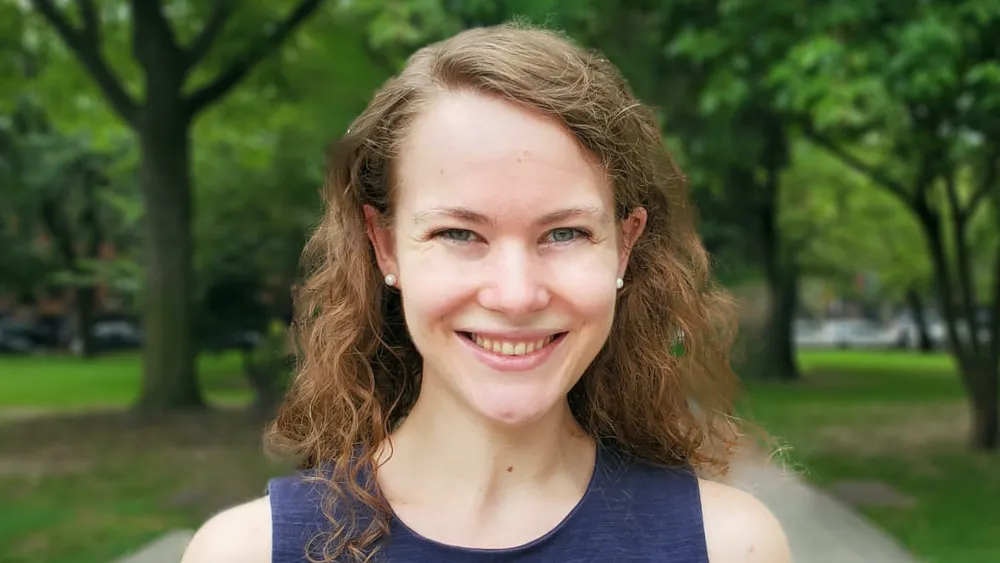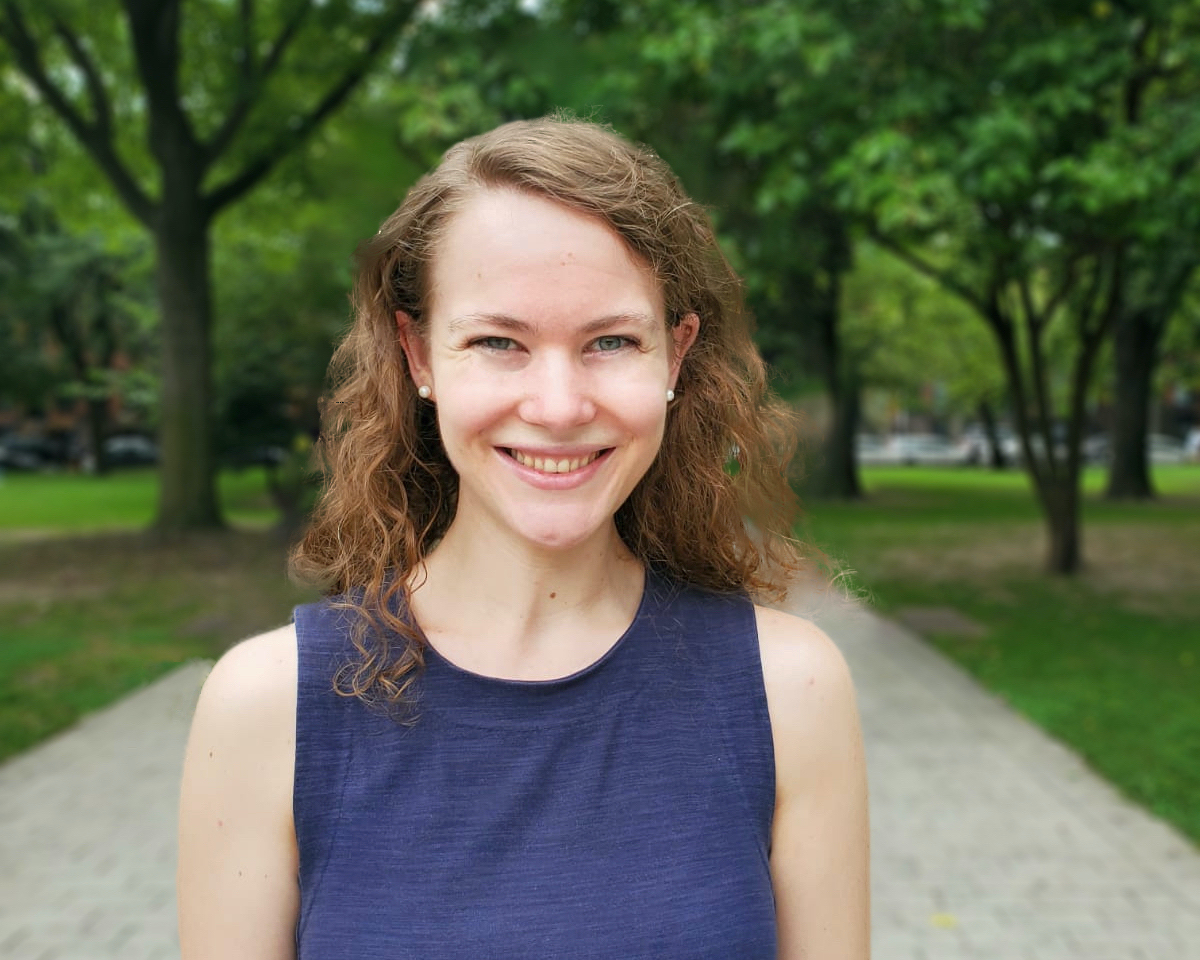CDH New Postdoc Profile: Sierra Eckert
14 September 2020

Last month, we were pleased to welcome two new faces to our Center for Digital Humanities Zoom squares: postdocs Sierra Eckert and Kavita Kulkarni.
Sierra Eckert joined the CDH as postdoctoral research associate and Perkins Postdoctoral Fellow in the Humanities Council soon after defending her dissertation in the Department of English and Comparative Literature at Columbia University.

Sierra’s dissertation, “The Research Aesthetic: Information and the Form of the Victorian Novel,” explores how the emerging concept of “information” influenced the nineteenth-century British novel as a form.
As Sierra argues, “authorship and literary form emerge from routinized practices of storage and search in ways that blur imaginative and mechanical labor.”
“At its core, the dissertation is about how techniques for recording, sorting, and storing data shape literary texts,” she said. “But it's also about how nineteenth-century novelists—like George Eliot and Henry James—become some of the first theorists of our modern conception of ‘information.’”
She cites as an example “James’s writing about ‘the donnée,’ a French term he used for both textual snippets and the records of their real-world origins.”
In addition to working on Victorian literature, Sierra studies the broader relationship between the history of information and data, and literary forms.
Sierra explains that her work “bring[s] together methodological insights from diverse fields—some of which, like natural language processing, we are used to seeing as computational, while others, like archival studies and book history, are not often seen as part of the digital humanities tradition.”
Her interests in both digital methods and archival research make her a perfect fit for the CDH, a digital humanities center located physically and institutionally within the Princeton University Library.
“The CDH has become a hub for emerging work around collections and archives as data––from projects that map Latin American publishing networks through bibliographic records or use digital collections to tell new histories of early abolitionist networks to projects that experiment with politics of archival search and discovery,” she said. “I’m particularly excited to be joining a place where digital methods are informed by a longer tradition coming out of library and information science, book history, material text studies, sociology of culture, and media studies.”
As a postdoc at the CDH, Sierra will pursue several research projects. In addition to working on a book, which will draw from her dissertation, she plans to research the empirical data and data visualizations in volume one of Karl Marx’s Das Kapital (1867) and to continue a collaborative project on patterns of quotation in literature and scholarship.
Sierra will also contribute to the CDH consultation program for Princeton affiliates hoping to learn more about DH; teach the CDH’s undergraduate course, Introduction to Digital Humanities, in the spring; and lead workshops on the topic of, well, work.
Given her interest in questions of labor, Sierra’s evaluation of the CDH’s culture is all the more meaningful.
“One of the things that strikes me about the CDH is its commitment to making visible the invisible labor (and processes) that make digital projects, tools, and techniques possible. This is something that you see in both the genres that the CDH foregrounds (like project charters or guides on software and project sustainability) as well as in the more informal culture of documentation in day-to-day operations.”
So happy to have Sierra working with us at the CDH!
Author’s note: A profile of our other new postdoc, Kavita Kulkarni , was posted on the blog last week.